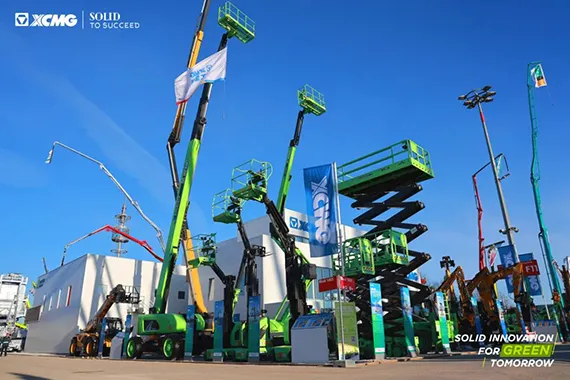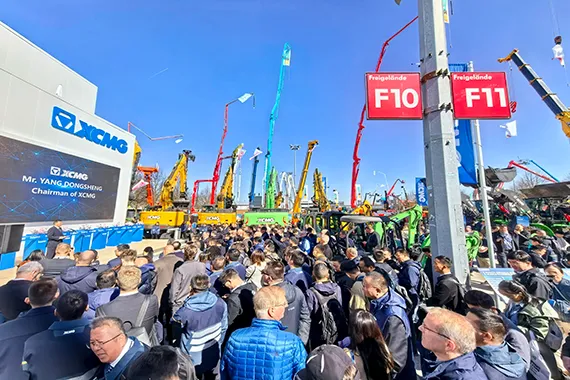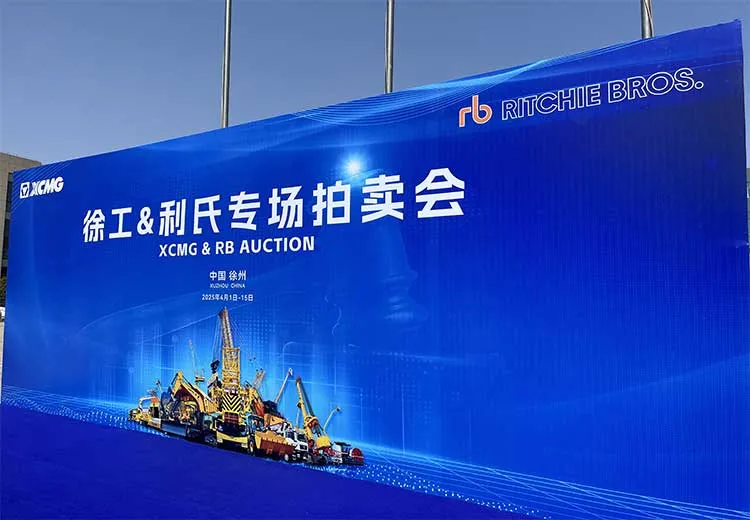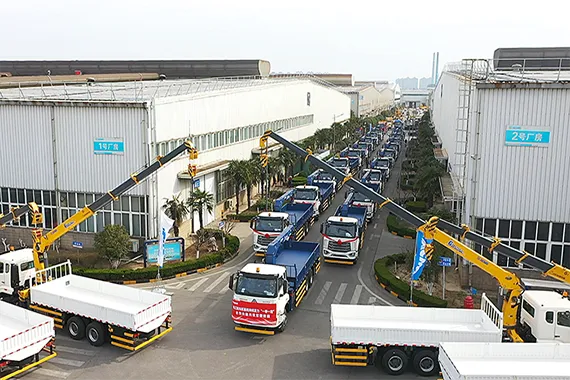UK Announces €760bn Infrastructure Plan
The UK Government has published its National Infrastructure and Construction Pipeline document for 2021, setting out a plan for £650 billion (€762 billion) of investment in infrastructure projects, over the next 10 years.
The document offers the construction industry – as well as potential investors – to ‘gear up’, in terms of equipment, personnel and financing, in an effort to secure and deliver projects.
The largest share of the investment has been earmarked for the transport sector, which will receive some €82 billion between now and 2025, with energy projects potentially accounting for more than €60 billion over the same period.
Some of the UK’s largest current projects fall within these categories, including the High Speed 2 rail network, the Hinkley Point C nuclear power plant, the Lower Thames Crossing road tunnel in London.
The document states that more than €35 billion will be allocated to social and economic projects, to be launched this year; part of the government’s Build Back Better programme, which will account for a total investment of approximately €235 million.
For the first time, the Pipeline document has highlighted the need for more projects to proceed with modern methods of construction (MMC) – understood to be inherently more sustainable than traditional construction methods.
The document also includes a forecast of the workforce demand that could be generated by the investment plan, estimating that 425,000 new jobs could be created.
‘Colossal’ recruitment drive required
Helen Yeulet, director of training and skills at The Building Engineering Services Association (BESA), responded to the publication of the document by saying “The government’s infrastructure plans are extremely exciting, but will place even greater strain on the industry’s workforce unless accompanied by a colossal push to bring new blood into the sector and upskill existing workers.”
She added, “People shortages are likely to continue for an extended period. This is not just about Brexit. We have seen a whole shift in the economy, which was accelerated by the pandemic and has led to record pay packages for people working in transport, logistics and hospitality.
“On the plus side, it has also started to redress the balance for many people in low paid jobs and means employers in our sector need to make sure what they are offering is attractive,” she added. “They need to make sure they are treating existing staff fairly and have clear career progression plans in place to entice new people into our sector with the right skills to take us forward.”
Levelling-up and strengthening the union
David McNaught, policy manager for the Institute of Civil Engineers (ICE), com looked at how the Pipeline aligned with the government’s previously published National Infrastructure Strategy (NIS).
He said, “The NIS provides a strategic outlook for how the UK’s infrastructure is planned and delivered to address the country’s short- and long-term challenges.
The pipeline provides further detail for investors and construction companies of how this will be delivered at ground level.
“The NIS prioritises levelling-up, strengthening the union and reaching net zero. It pledges to shift spending from London and the South East to the UK’s other regions and nations, and to enable more locally-led decision-making.
“The pipeline includes many of the key projects and pledges contained in the NIS. In terms of levelling-up and connectivity, it sets out major investment to improve digital connectivity through the Shared Rural Network and Project Gigabit programmes.”
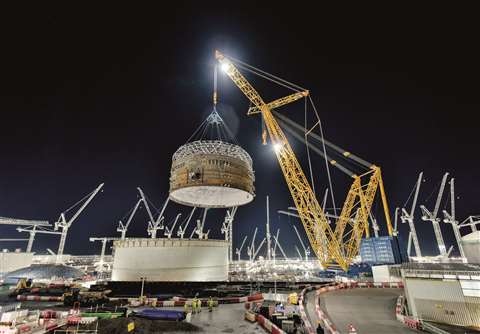
Construction work is ongoing at the Hinkley Nuclear Power Plant jobsite in the UK Photo Credit: EDF
Original article from HKL

 Chat Now
Chat Now
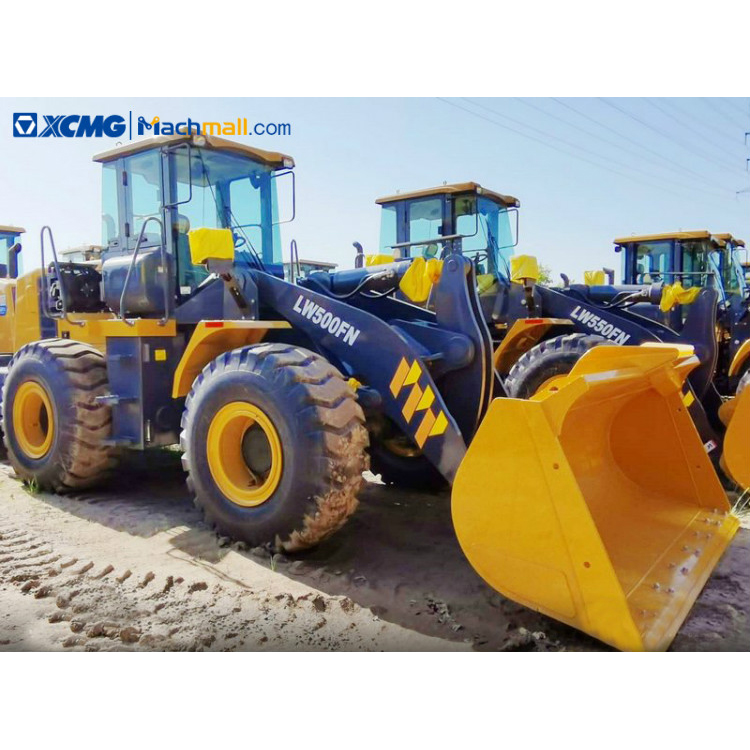
 Chat Now
Chat Now
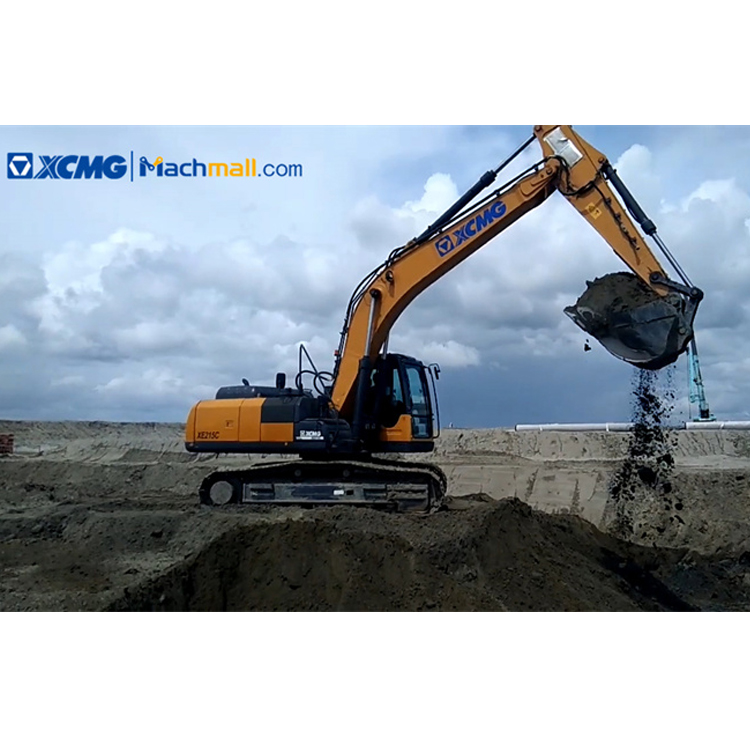
 Chat Now
Chat Now
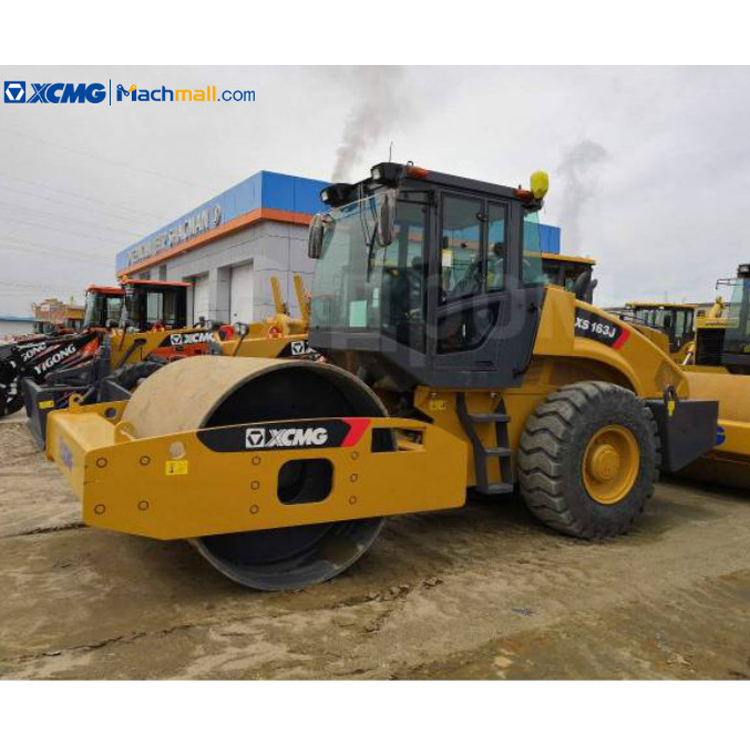
 Chat Now
Chat Now

 Chat Now
Chat Now
